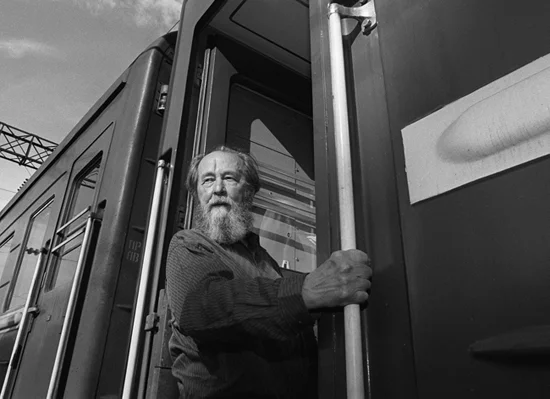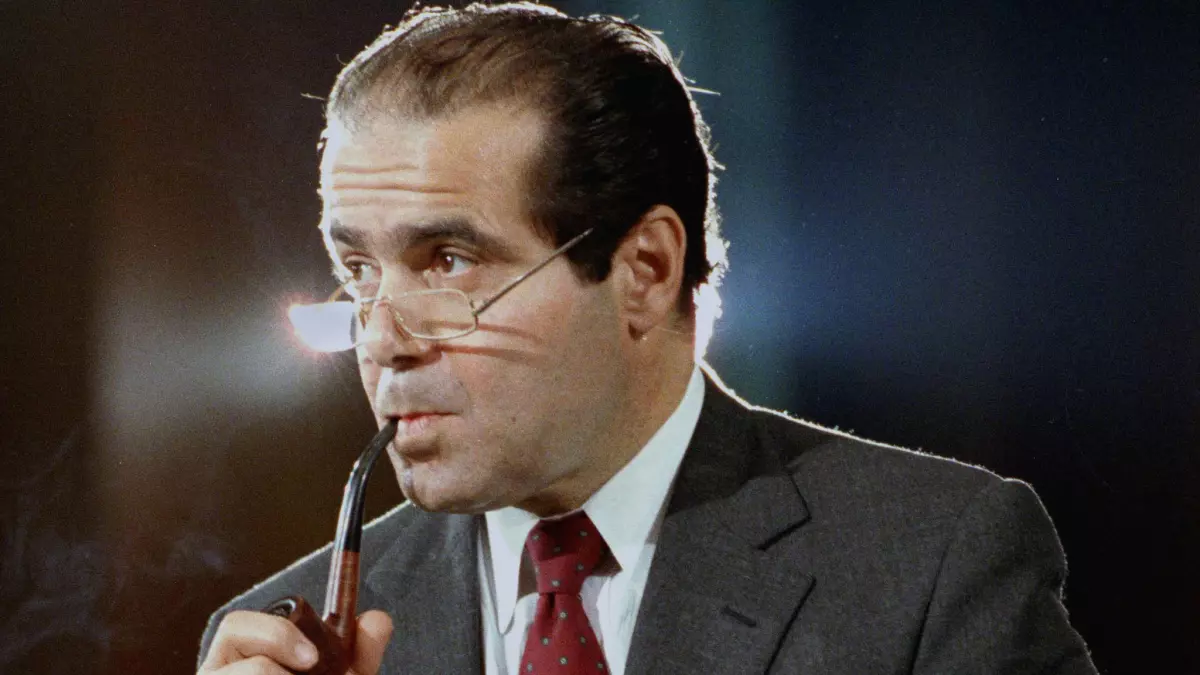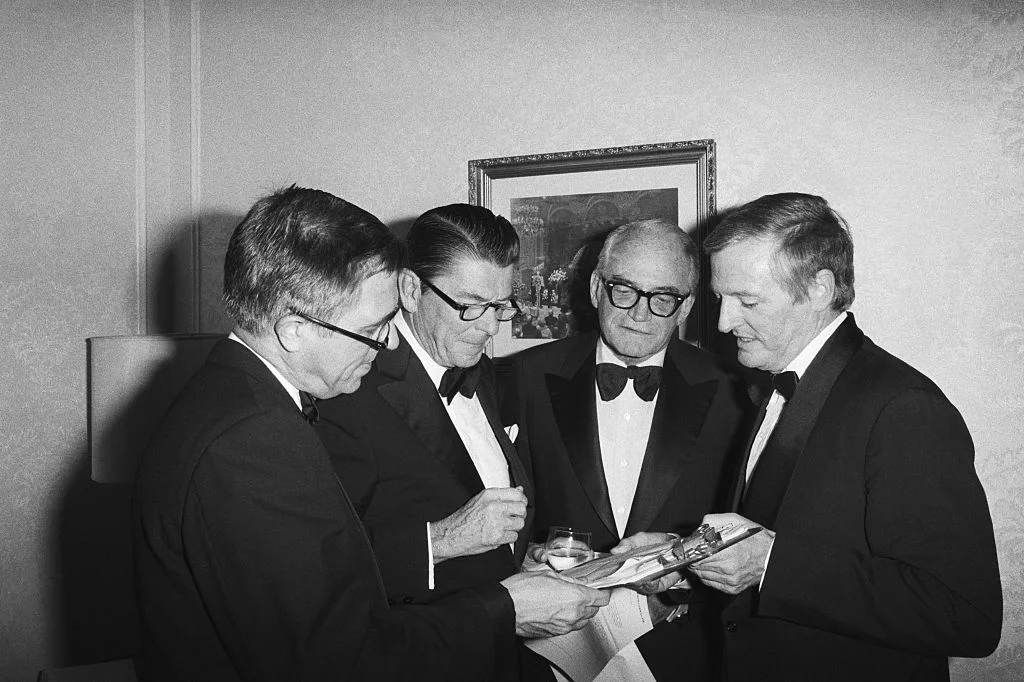
William F. Buckley and the Politics of Normalcy
Throughout both Buckley’s journalism and his — dare we say it — statesmanship, we might detect a single core principle: the defense of normalcy.
This week commemorates the 100th anniversary of the birth of National Review founder William F. Buckley, Jr. Given the infighting consuming the American Right today, writers as ideologically diverse as Reason’s Stephanie Slade and Modern Age’s Daniel McCarthy have taken the occasion to ask, “What would Bill Buckley do?” Would he embrace the populism that took over the Republican party in 2016, or would he come out as an ardent defender of the liberal ideas and institutions presently under attack?
We can never truly answer those questions unless we summon Buckley’s shade up from the vasty deep. To make matters even harder, the writer was famously reticent to define conservatism himself. “I have never failed,” he wrote in one essay, “to dissatisfy an audience that asks the meaning of conservatism.” Unlike his friends Russell Kirk and F.A. Hayek, Buckley never wrote a masterpiece of political thought that fully described his outlook. Compounding these problems, his career was long, and his positions shifted considerably over time.
But throughout both Buckley’s journalism and his — dare we say it — statesmanship, we might detect a single core principle: the defense of normalcy. Frustrated as he may have been with mass society, corrupt politicians, and a vulgar culture, Buckley always possessed a genuine faith in both the American people and their Constitution. And he was always clear that the enemies of that faith were not just communists and liberals, but also the conspiracy theorists, racists, and other extremists who sought to co-opt the movement he built.
In this terrible new digital era, conservatives would do well to remember Buckley’s defense of normalcy. Demagogues and worse have gained prominence across various online platforms (perhaps with the help of foreign interference) and threaten to alienate the great body of the people from the Right altogether. Whatever legitimate grievances the populists may have, the conspiracy theorism and sheer vulgarity of their tribunes are things that more constructive conservatives ought to reject.
To be sure, Buckley’s vision of normalcy was not the same thing as allying with the “mainstream,” let alone the “establishment.” In the publisher’s statement from the very first issue of National Review, the young editor made it clear that he did not mean to “make peace with the New Deal” or Franklin D. Roosevelt’s liberal revolution. He set himself at odds not only with progressive “social innovators,” but also the moderates he termed “the well-fed Right” who would not fight back against the schemes. Buckley wanted National Review to be a forum for “radical conservatives” in no small part because he believed America was still “a bastion of conservatism” and needed champions not enthralled to the fools and ideologues then running the country.
How, then, did Buckley define the normalcy he sought to conserve? Although by no means a stereotypical 1950s conformist, he consistently defended the way most Americans lived – from practicing their religion to forming their families – against the sneers of elitists and relativists who thought they knew better. Buckley saw it as his duty as National Review’s founding editor to articulate and defend the underlying assumptions of this innate normalcy against “the doctoral dissertations of a generation of Ph.D’s in social architecture,” the “thousand vulgar promises to a thousand different pressure groups” they made to attain power, and the “cynical contempt for human freedom” at the bleeding heart of their central planning.
Throughout his career, Buckley consistently argued that the one thing that could shield those norms was the political forms of the American Founding. He described the Founding’s legacy in that 1955 editorial as a “tradition of fixed postulates having to do with the meaning of existence, with the relationship of the state to the individual, of the individual to his neighbor, so clearly enunciated in the enabling documents of our Republic.” The way Buckley thought about those ideas changed somewhat over time, but ultimately he was always quick to remind his audiences that a government “of the people, by the people, and for the people” was the surest defense of our way of life.
Consider, for instance, Buckley’s famous declaration that he would rather be governed by the first two thousand names in the Boston telephone directory than the faculty of Harvard University. Not only is this (altogether righteous) populist instinct a sharp condemnation of the Left’s pretensions to central planning, it is also a caution against the same tendency now coming from the Right. Despite the early dalliances the man had with reactionary thought, at no point would he have ever had patience for the so-called “post-liberals”— including some at Harvard! – seeking to remake the Constitution according to new and strange definitions of the “common good.” Unlike the planners of yesterday and today, he had immense faith that “the average American is a little bit above average” and capable of good government for himself. What made Buckley’s conservatism radical, then, was not that it aimed to impose a new political theory on the people, but that he sought to vindicate the cause of the Republic by “covetously consolidating its premises” against the liberal revolution.
Initially, though, Buckley’s radicalism led him to some strange places. Following his anticommunist convictions in the 1950s, he became a vocal supporter of Wisconsin senator Joseph McCarthy’s Red-hunting crusade. Other, more experienced conservatives such as Whittaker Chambers and Russell Kirk warned that the populist’s conspiracy theorism was doomed to undermine other, more legitimate efforts to dislodge communists from American government and society. Their prophetic warnings proved sadly correct; McCarthy’s paranoia, self-destructive instincts, and extremist tendencies turned him from a hero of the conservative movement into an embarrassment. As much as ordinary Americans hated communism, they had no willingness to indulge rantings and ravings with little to no basis in fact. Buckley never fully disavowed McCarthy, but over time he came to acknowledge the Senator’s many flaws.
As Barry Goldwater’s star rose alongside National Review in the early 1960s, Buckley gradually learned from his McCarthyite mistakes to become a better defender of normalcy. Most famously in 1962, he partnered with Goldwater, Kirk, and other leading conservatives to expel the John Birch Society, a right-wing extremist group, from their coalition. Buckley’s contribution was to, as he put it, heap “scorn and derision” on the JBS’s conspiracy-minded founder Robert Welch. Kirk’s effort culminated in an essay for America magazine, later collected in Confessions of a Bohemian Tory, that was so strong it initially took Buckley aback. In a letter responding to Buckley’s surprise at this vehemence (quoted in his memoir The Sword of Imagination), Kirk told his editor, “You set me in the forefront of your host, so I go raging about the land on my black charger, a Bircher’s head at my saddlebow.”
The substance of Kirk’s attack on the Birchers was that they were “political fantastics.” Rather than soberly answering the crisis of the hour, they engaged in wacky conspiracy theories that set them at odds with the common sense of the voters the conservative movement needed to win over. “To act intelligently,” the Michigander wrote, “the conservative interest in this country must free itself from even the peripheral influence of intellectual freaks like Ayn Rand, from profiteers who thrive upon confusion and hatred, and from the absurd simplifiers who fancy that calling everyone in Washington a Communist will make all things hunky-dory.” The campaign against the Birchers was rooted in the simple truth that ideologues and conspiracy theorists were not normal. They indulge in wild speculation about fantasy, not sober reflection on reality.
It became a guiding principle of Buckley’s National Review that conservatives are on the side of ordinary Americans, not those addled with one insane mania or another. In the years after Goldwater’s failed presidential campaign but before Ronald Reagan’s meteoric rise, this principle became clearest in the magazine’s interactions with two populist figures: Richard Nixon and George Wallace. As Matthew Continetti outlines in his excellent history of conservatism, The Right, Buckley was essential for mapping out a principled course away from their prairie fire politics.
Nixon always had a foot in the conservative movement, but Buckley and his closest allies were suspicious of his commitment to their principles. He may have served the anticommunist cause in the 1950s, but his realpolitik was never committed to the counterrevolutionary goal of rolling back the Soviet Union. And in domestic policy, Nixon betrayed conservatives on issue after issue, from revoking the gold standard to expanding the administrative state. The Californian may have won over voters exhausted by the liberalism of the 1960s, but in the end, his imperial presidency only further established the kind of social planning Buckley always knew went against the interests of the people. By the time the extent of Nixon’s depravity became clear in the Watergate scandal, Buckley and his brother James (then a U.S. senator from New York) led conservatives to break with the failed president definitively. They upheld norms even though doing so swept Republicans out of power.
Wallace, on the other hand, was never really part of Buckley’s movement. A Democrat and segregationist, he sought to win the presidency in 1968 by stoking racial grievance with the basest rhetoric imaginable. Early in his career, Buckley misguidedly made common cause with other segregationists because he viewed the South as a conservative bulwark; over time, though, he rejected his past positions on race relations. As Wallace rose to national prominence, Buckley saw that his bigotry was a threat to the norms of American society and quickly moved to make his opposition clear. On January 25, 1968, he invited the Southern Democrat onto his PBS show Firing Line and confronted him magnificently. Unlike certain podcasters today who platform outright white supremacists, Buckley stated that unthinking racial animus has no place in polite society.
In all these struggles to make conservatism respectable, it is important to remember the audience Buckley truly wanted to win over: ordinary Americans. Although he moved in high society circles and knew many famous and influential people, he never sought to align the conservative movement with the elite expectations of the liberal establishment. Clubbable as he was, the Georgetown cocktail circuit had little appeal to a man who spent vacations skiing in Switzerland and sailing expensive yachts. Buckley sought, rather, to define the outer limits of conservatism so that our movement could represent ordinary Americans. Figures such as Welch and Wallace – and even McCarthy and Nixon – wound up as outcasts not because Buckley excommunicated them, but because their political fantasies repelled the great body of the people. Only by tying conservatism to the norms of American life could Buckley and his allies make conservatism truly popular.
In the present, it is very tempting for the contemporary Right to stay inside echo chambers, endlessly intoning slogans they believe will rally that most ethereal of interest groups, “the base.” But to do so would be a rejection of the Buckley legacy. For him, a successful conservatism was an invitational conservatism, an approach to politics that bid everyone come along on the adventure of self-government. Buckley forcefully argued for the norms of the American Founding and its heirs without resorting to the vulgar demagoguery and political fantasy that dominate so many social media feeds. Rather than influencing the people, he sought to persuade them.
We must remember that many Americans voted for Donald Trump initially because they wanted to return to normalcy. After years of progressive maladministration, the people wanted a return to common sense: constitutionalism, strength in foreign policy, and sound economics. Insofar as his administration has been largely a disappointment thus far, it is because the President and his loudest supporters scorn those very norms he was elected to uphold. If the conservative movement wants to salvage anything from the chaos of national politics, we could do worse than asking “What would Bill Buckley do?” The answer is probably not what we are doing now.
Michael Lucchese is the founder of Pipe Creek Consulting, an associate editor of Law & Liberty, and a contributing editor to Providence.
Politics
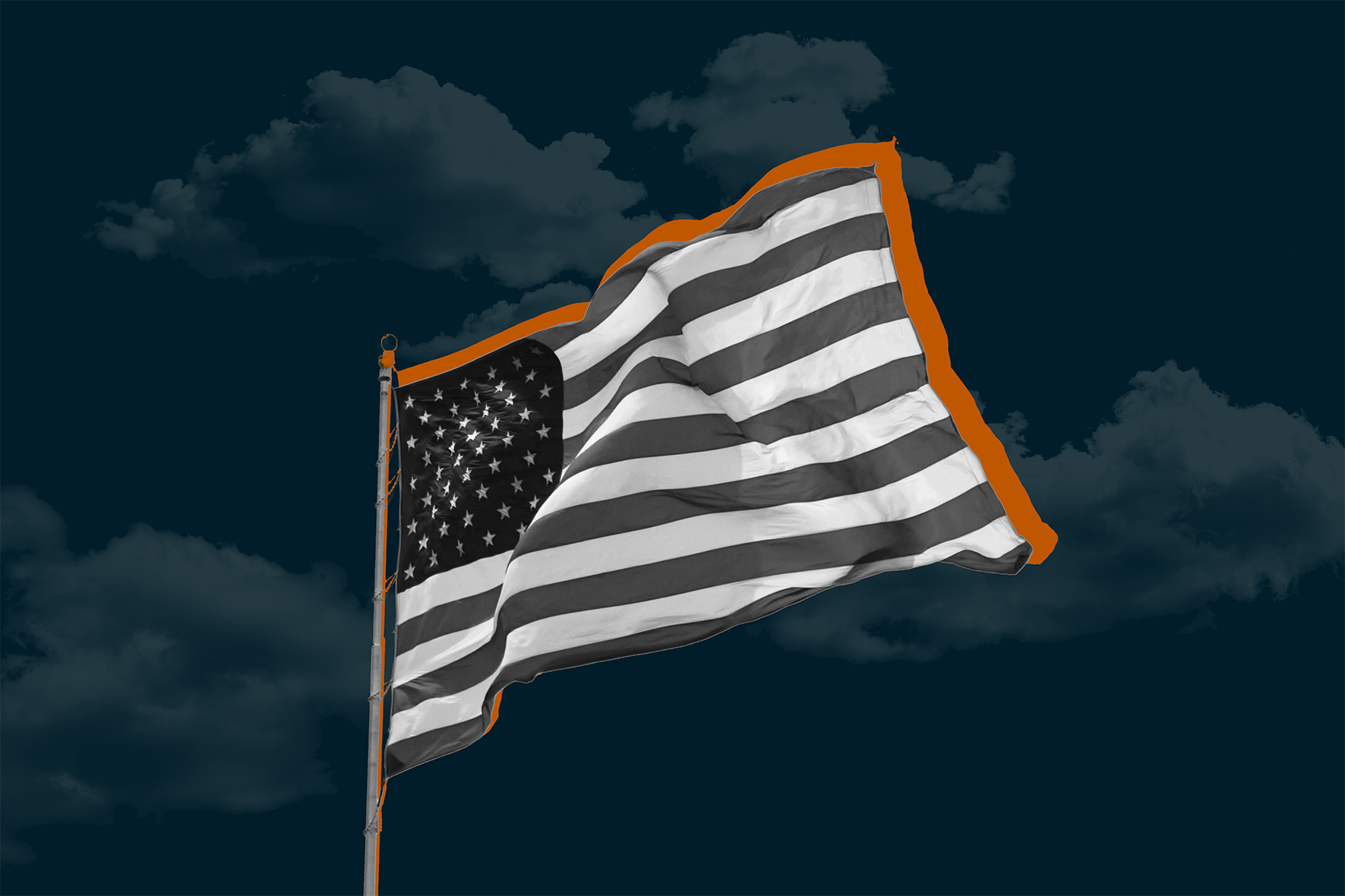
National Civitas Institute Poll: Americans are Anxious and Frustrated, Creating a Challenging Environment for Leaders
The poll reveals a deeply pessimistic American electorate, with a majority convinced the nation is on the wrong track.
.webp)
Liberal Democracy Reexamined: Leo Strauss on Alexis de Tocqueville
This article explores Leo Strauss’s thoughts on Alexis de Tocqueville in his 1954 “Natural Right” course transcript.
%20(1).avif)
Long Distance Migration as a Two-Step Sorting Process: The Resettlement of Californians in Texas
Here we press the question of whether the well-documented stream of migrants relocating from California to Texas has been sufficient to alter the political complexion of the destination state.
%20(3).avif)
Who's That Knocking? A Study of the Strategic Choices Facing Large-Scale Grassroots Canvassing Efforts
Although there is a consensus that personalized forms of campaign outreach are more likely to be effective at either mobilizing or even persuading voters, there remains uncertainty about how campaigns should implement get-out-the-vote (GOTV) programs, especially at a truly expansive scale.

There's a Perception Gap With the U.S. Economy
As we approach another election cycle, it’s worth asking: what’s real, what’s political theater, and what does it all mean if Democrats regain control of the House?

International Law Is Holding Democracies Back
The United States should use this moment to argue for a different approach to the rules of war.
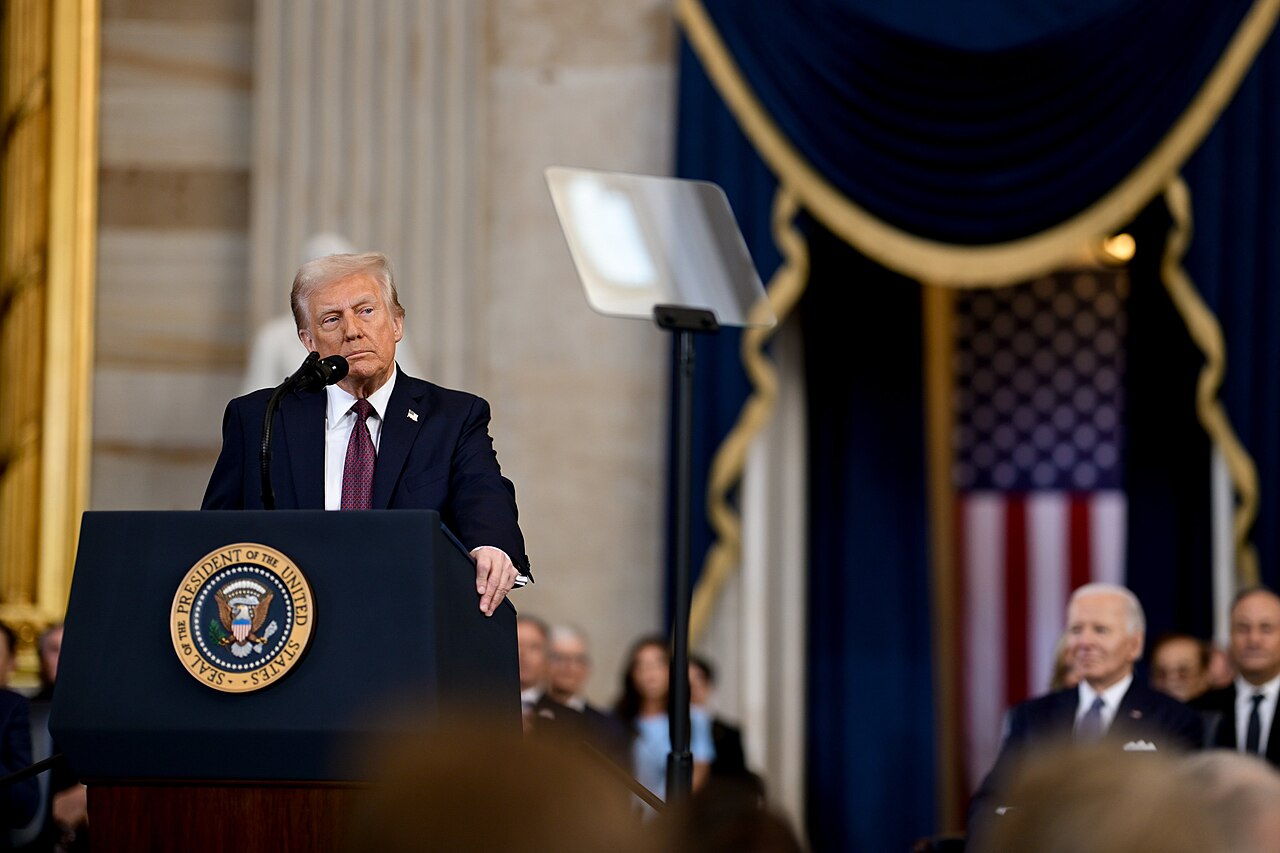
Trump purged America’s Leftist toxins. Now hubris will be his downfall
From ending DEI madness and net zero to securing the border, he’ll leave the US stronger. But his excesses are inciting a Left-wing backlash

California’s wealth tax tests the limits of progressive politics
Until the country finds a way to convince the average American that extreme wealth does not come at their expense, both the oligarchs and the heavily Democratic professional classes risk experiencing serious tax raids unseen for decades.
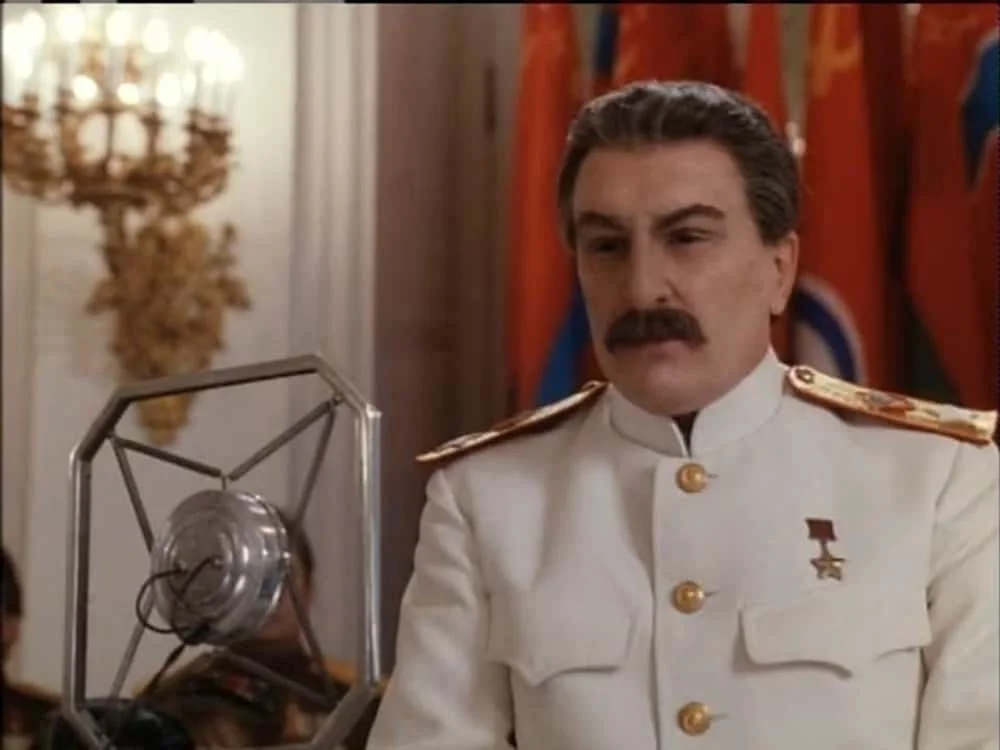
When Duvall Played Stalin
It’s strange to compliment an actor for impersonating a tyrant, but it is an act of courage.
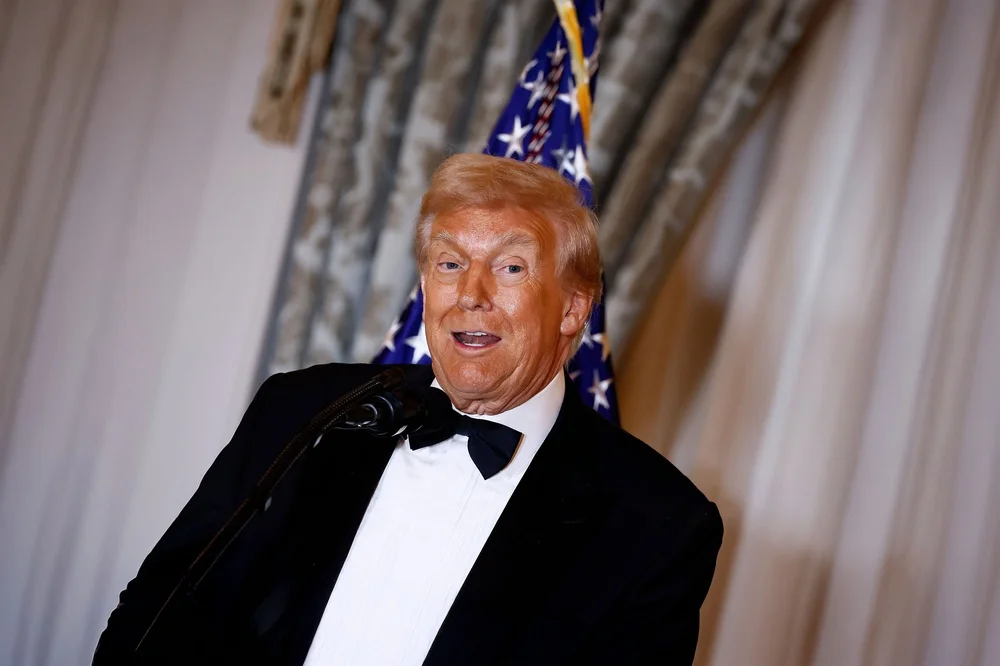
When Vanity Leads to Impropriety
A president should simply not be allowed to name anything after himself without checks from Congress or an independent commission.








